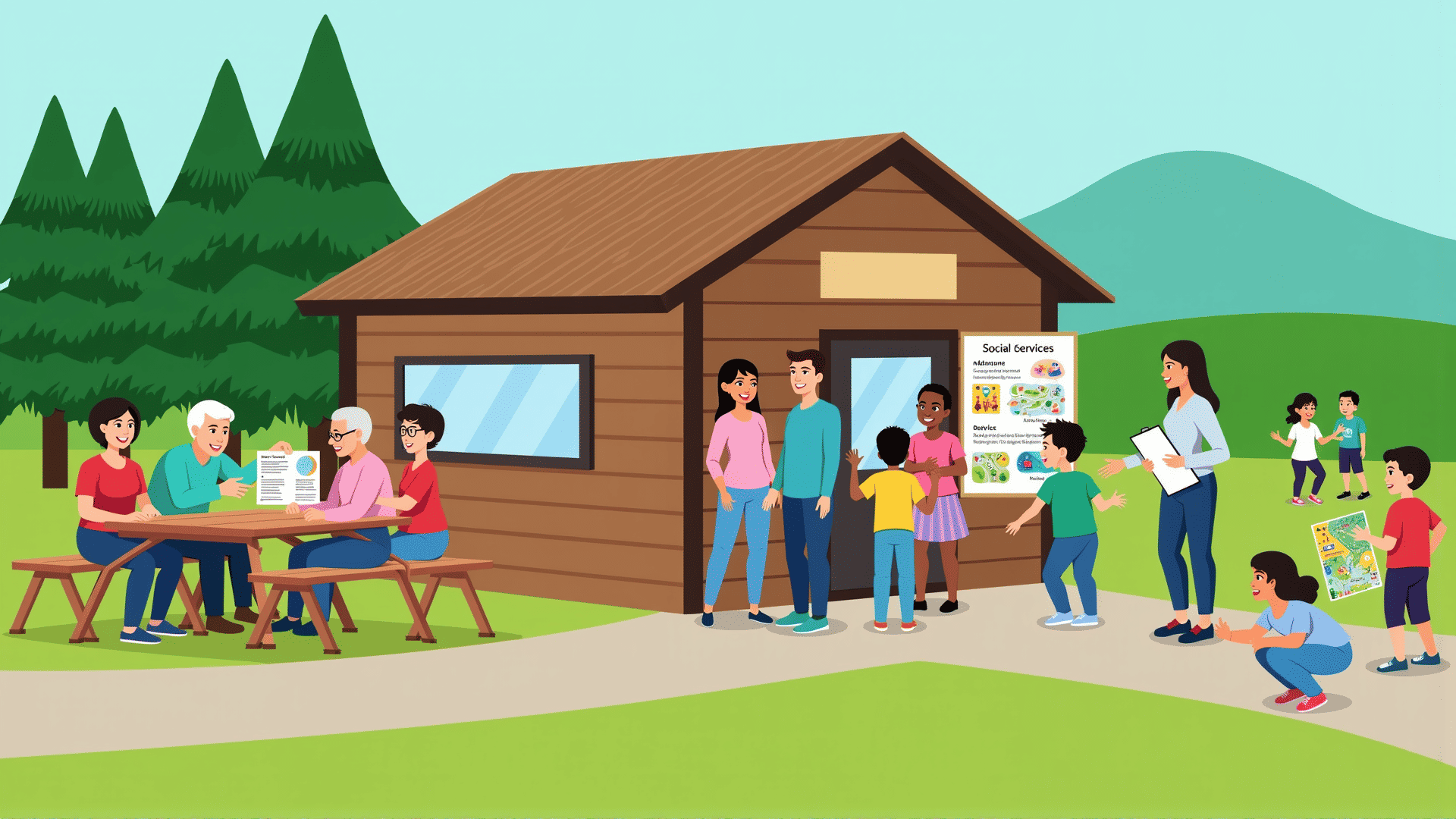In the vast expanses of Canada, rural communities are often celebrated for their close-knit nature and scenic beauty. However, they face unique challenges that can complicate access to crucial services. Thankfully, concerted efforts are being made to bolster social services in these areas, helping to uplift communities by directly addressing their distinct needs.
At the heart of these initiatives is the recognition that rural areas require tailored solutions. Unlike urban centers, where resources are often more concentrated and readily accessible, rural communities may experience reduced access to healthcare, education, and transportation. To mitigate these barriers, local governments and organizations are stepping up to deploy resources strategically, ensuring they meet the specific demands of each community.
One significant area of focus is healthcare. Many rural residents face long travel distances to receive medical attention, which can deter timely care. In response, telemedicine is being expanded to provide residents with virtual consultations, reducing the need for travel and ensuring quicker access to healthcare professionals. Moreover, mobile health units are being introduced, bringing essential services directly to the community, from routine check-ups to specialized medical assistance.
Education in rural communities is also receiving much-needed attention. Schools in these areas often struggle with limited funding and resources, impacting the quality of education. Innovative e-learning platforms are being introduced to supplement traditional teaching methods, broadening the scope of educational materials available to students and teachers. Enhanced training programs for educators are further supporting the development of robust curricula, tailored to the needs and contexts of rural students.
Transportation is another critical element in strengthening social services. Reliable and affordable transportation solutions are necessary for accessing services, employment, and educational opportunities. Community-driven initiatives are being implemented to improve local transport options, including ridesharing programs and volunteer driver services, ensuring that mobility is not a barrier for rural residents.
Integral to the success of these initiatives is the engagement of community members themselves. By involving residents in the planning and implementation of programs, solutions are more accurately tailored to the unique characteristics of each community. These collaborative approaches foster a sense of ownership and sustainability, as residents actively participate in shaping the services that directly impact their lives.
Furthermore, partnerships between various levels of government, non-profit organizations, and private sector entities are proving invaluable. By pooling resources and expertise, these collaborators amplify their impact, achieving more significant outcomes than would be possible individually. This spirit of cooperation fuels the development of integrated services that support the holistic well-being of rural communities.
Through these dedicated efforts, social services in Canada's rural areas are not just being reinforced; they are being transformed to create thriving communities. By focusing on healthcare, education, transportation, and community engagement, these initiatives pave the way for brighter futures and more resilient rural areas. Despite the challenges, the collective push to enhance service delivery continues to make a profound difference in the lives of those who call these remarkable places home.
